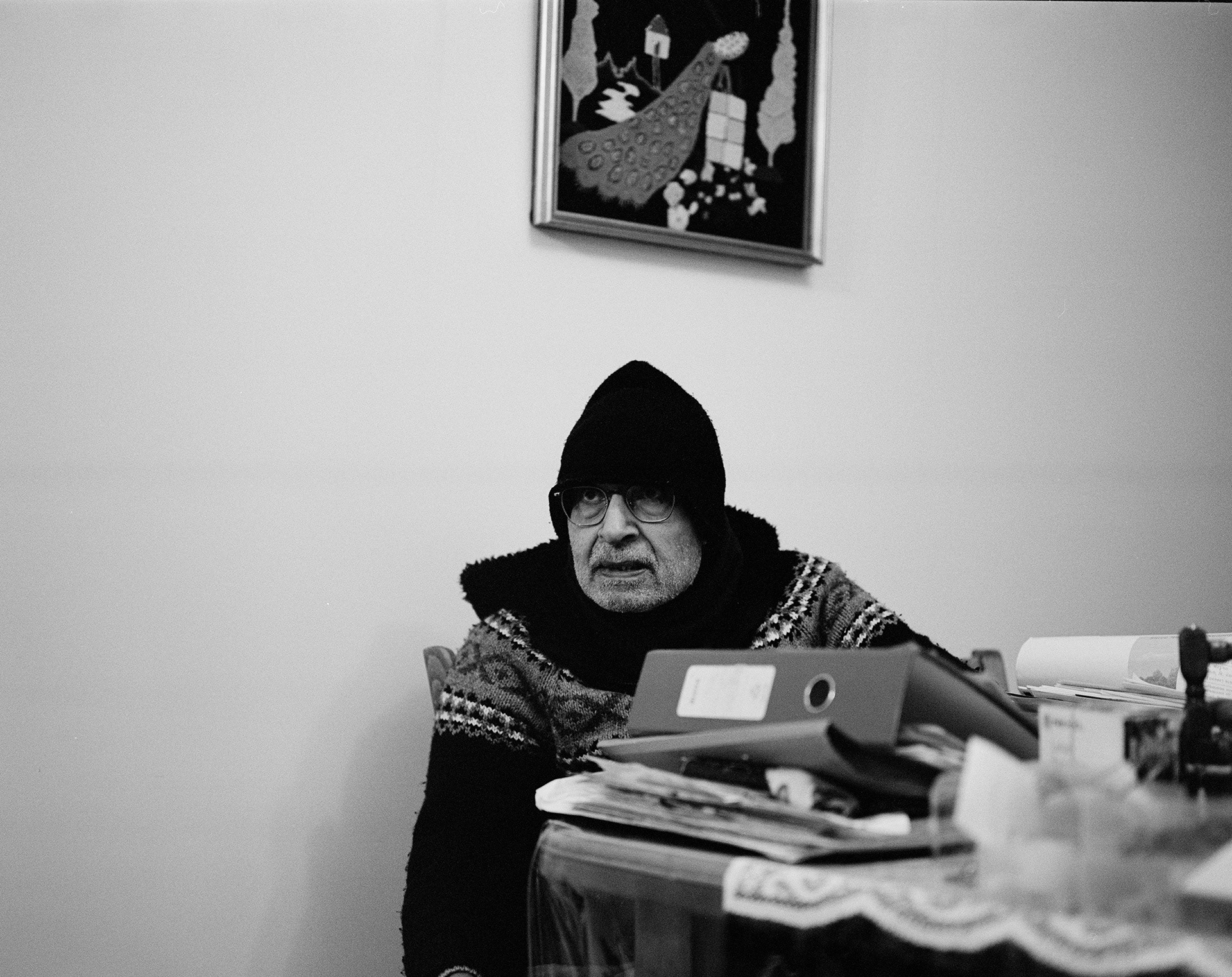

‘Dada’ is a project that explores my grandad’s life through the themes of migration, identity, and the lasting effects of colonialism. His home is a living archive of his journey, filled with memories, loss, and the weight of displacement. Using family archives from Kenya, I document his cultural roots and early migration, showing how his identity evolved over time and across borders. His life, shaped by cultural expectations rather than personal choice, is reflected throughout his home. My grandad’s belief in Hare Krishna philosophy, which focuses on detachment and renunciation, contrasts with his home life. This tension between his spiritual ideals and the emotional burdens he carries speaks to the complexity of his experience. As an Indian engineer in a predominantly white British workplace and within family dynamics, he has been both visible and invisible, quietly carrying the weight of post-colonial migration. A key object in the exhibition is a zebra-skin table once owned by British colonial figure Colonel Ewart Grogan. Made from a trophy kill, it reflects Grogan’s violent legacy and the colonial mindset of conquering land and people. His notorious act of whipping three Kenyan men in Nairobi, for which he was fined only five pounds, highlights the deep scars left by colonialism. The table, passed down to my family when they bought his former home in Nairobi, shows how the legacy of empire continues to shape personal histories. Through these images and objects, ‘Dada’ explores how colonialism still affects our relationships, identities, and the places we call home. The project draws on family history, memory, and inherited trauma to show how the empire’s legacy remains present in our lives today.
